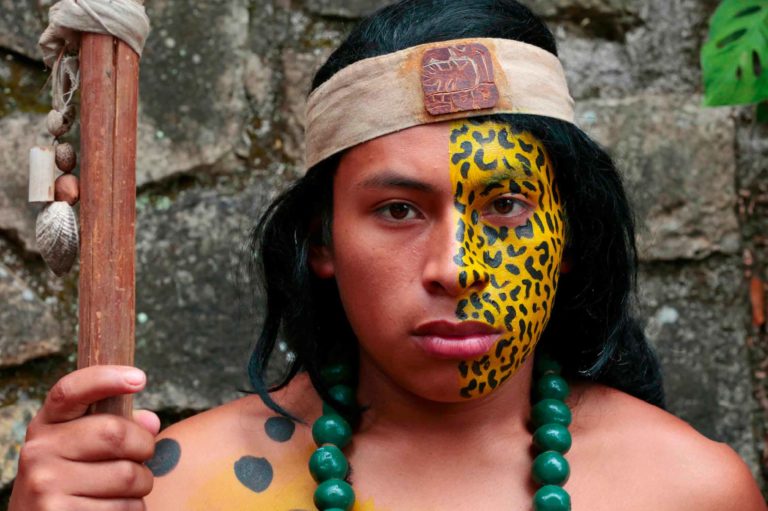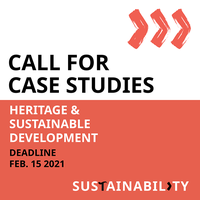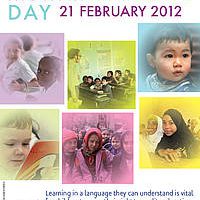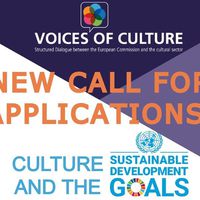2019 Year of Indigenous Languages launched

The official Global Launch Event of the 2019 International Year of Indigenous Languages has taken place at UNESCO, Paris. UNESCO is the leading UN agency of the International Year of Indigenous Languages, with the theme: “Indigenous languages matter for sustainable development, peace building and reconciliation”.
The United Nations General Assembly proclaimed 2019 as the International Year of Indigenous Languages in order to raise global attention on the critical risks confronting indigenous languages, and their significance for sustainable development, reconciliation, good governance and peacebuilding.
A Call for Research Papers within the context of the 2019 International Year of Indigenous Languages is open (deadline March 1), which covers various key intervention areas (including Cultural heritage and diplomacy; Technology, digital activism, and artificial intelligence, and other fields). The authors of selected papers will be invited to present at relevant international events and to submit full versions of their papers for publication in Peer Review Journals. In addition, selected research contributions will be selected in June 2019 for publication on the World Report of Languages 2019.
The celebrations in 2019 will contribute to promoting and ensuring access to indigenous languages and to improving the lives of indigenous peoples by strengthening the capacities of indigenous language speakers and relevant indigenous peoples’ organizations.
The 2019 celebration will further contribute to the robustness and reinforcement of the many standard-setting tools adopted by the international community, among them specific provisions to promote and protect languages.
The main objectives of the IYIL2019 are to:
Focus global attention on the critical risks confronting indigenous languages, while highlighting their importance for sustainable development, reconciliation, good governance and peacebuilding,
Target steps which will lead to improved quality of life for indigenous peoples, enhanced international cooperation and strengthened intercultural dialogue, and reaffirm cultural and linguistic continuity, and
Deliver increased capacities on the part of all stakeholders to take concrete and sustainable measures to support, access and promote indigenous languages around the world in accordance with the legitimate rights of indigenous peoples.
Similar content
from - to
23 Oct 2019 - 26 Oct 2019
deadline
15 Feb 2021
posted on
21 Feb 2012
deadline
26 Nov 2018
deadline
02 Jul 2010






